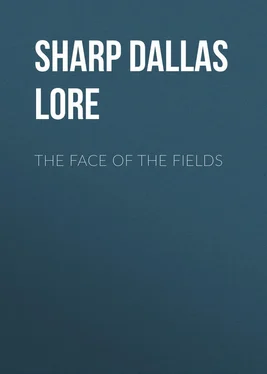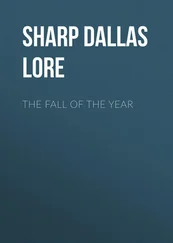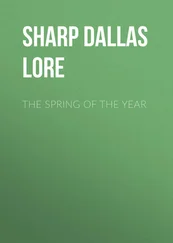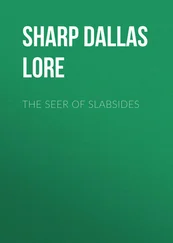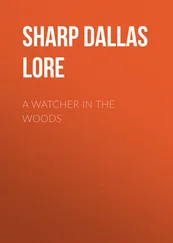The old apple tree yonder between the woods and the meadow is as central, as hospitable, and, if animals communicate with one another, just as full of neighborhood news as was grandfather’s roof-tree.
Did I say none but the cattle seek its shade? Go over and watch. That old tree is no decrepit, deserted shack of a house. There is no door-plate, there is no christened letter-box outside the front fence, because the birds and beasts do not advertise their houses that way. But go over, say, toward evening, and sit quietly down outside. You will not wait long, for the doors will open that you may enter – enter into a home of the fields, and, a little way at least, into a life of the fields, for this old tree has a small dweller of some sort the year round.
If it is February or March you will be admitted by my owls. They take possession late in winter and occupy the tree, with some curious fellow tenants, until early summer. I can count upon these small screech-owls by February, – the forlorn month, the seasonless, hopeless, lifeless stretch of the year, but for its owls, its thaws, its lengthening days, its cackling pullets, its possibility of swallows, and its being the year’s end. At least the ancients called February the year’s end, maintaining, with fine poetic sense, that the world was begun in March; and they were nearer the beginnings of things than we are.
But the owls come in February, and if they are not swallows with the spring, they, nevertheless, help winter with most seemly haste into an early grave. Yet across the faded February meadow the old apple tree stands empty and drear enough – until the shadows of the night begin to fall.
As the dusk comes down, I go to my window and watch. I cannot see him, the grim-beaked baron with his hooked talons, his ghostly wings, his night-seeing eyes; but I know that he has come to his window in the turret yonder on the darkening sky, and that he watches with me. I cannot see him swoop downward over the ditches, nor see him quarter the meadow, beating, dangling, dropping between the flattened tussocks; nor hear him, back on the silent shadows, slant upward again to his turret. Mine are human eyes, human ears. Even the quick-eared meadow-mouse did not hear.
But I have been belated and forced to cross this wild night-land of his; and I have felt him pass – so near at times that he has stirred my hair, by the wind, dare I say, of his mysterious wings? At other times I have heard him. Often on the edge of night I have listened to his quavering, querulous cry from the elm-tops below me by the meadow. But oftener I have watched at the casement here in my castle wall.
Away yonder on the borders of night, dim and gloomy, looms his ancient keep. I wait. Soon on the deepened dusk spread his soft wings, out over the meadow he sails, up over my wooded height, over my moat, to my turret tall, as silent and unseen as the soul of a shadow, except he drift across the face of the full round moon, or with his weird cry cause the dreaming quiet to stir in its sleep and moan.
Yes, yes, but one must be pretty much of a child, with most of his childish things not yet put away, to get any such romance out of a rotten apple tree, plus a bunch of feathers no bigger than one’s two fists. One must be pretty far removed from the real world, the live world that swings, no longer through the heavens, but at the distributing end of a news wire – pretty far removed to spend one’s precious time watching screech-owls.
Конец ознакомительного фрагмента.
Текст предоставлен ООО «ЛитРес».
Прочитайте эту книгу целиком, купив полную легальную версию на ЛитРес.
Безопасно оплатить книгу можно банковской картой Visa, MasterCard, Maestro, со счета мобильного телефона, с платежного терминала, в салоне МТС или Связной, через PayPal, WebMoney, Яндекс.Деньги, QIWI Кошелек, бонусными картами или другим удобным Вам способом.
